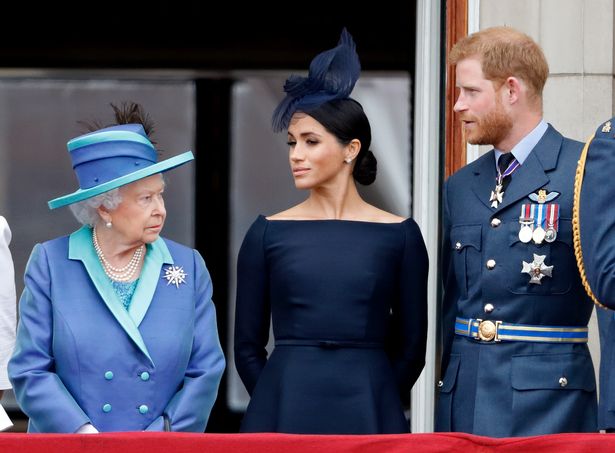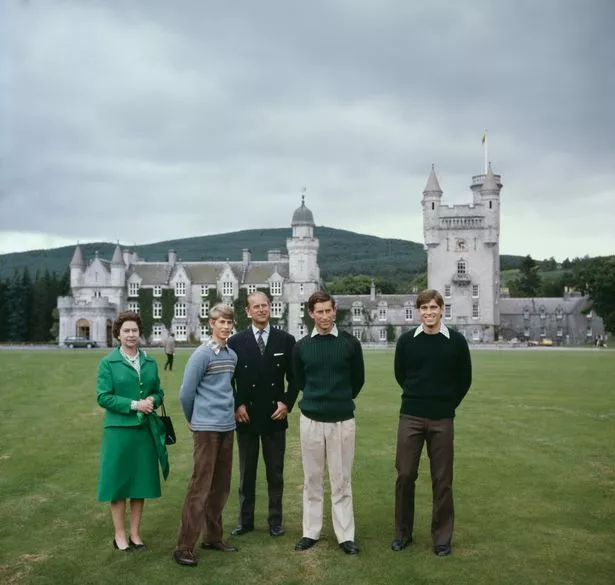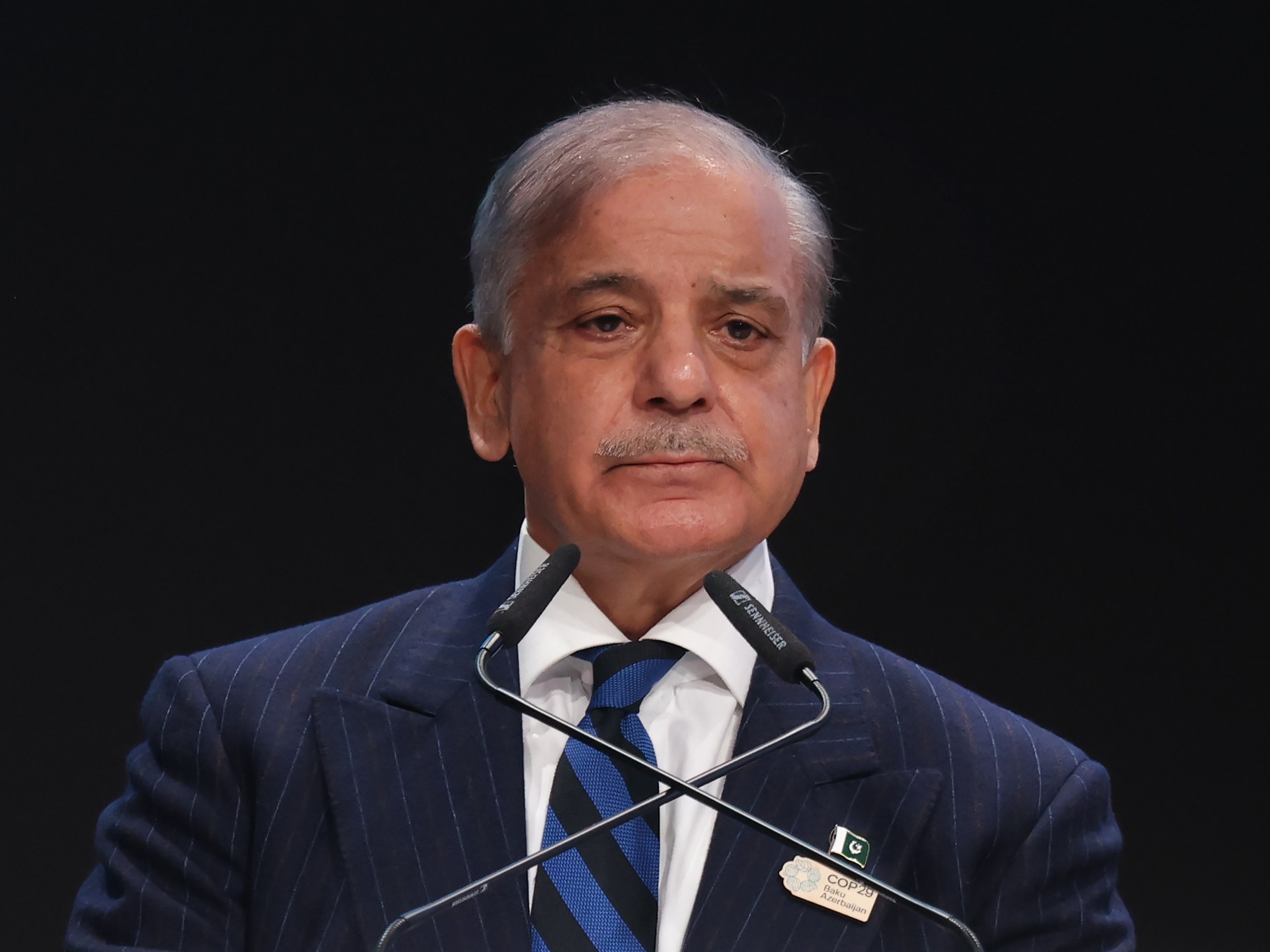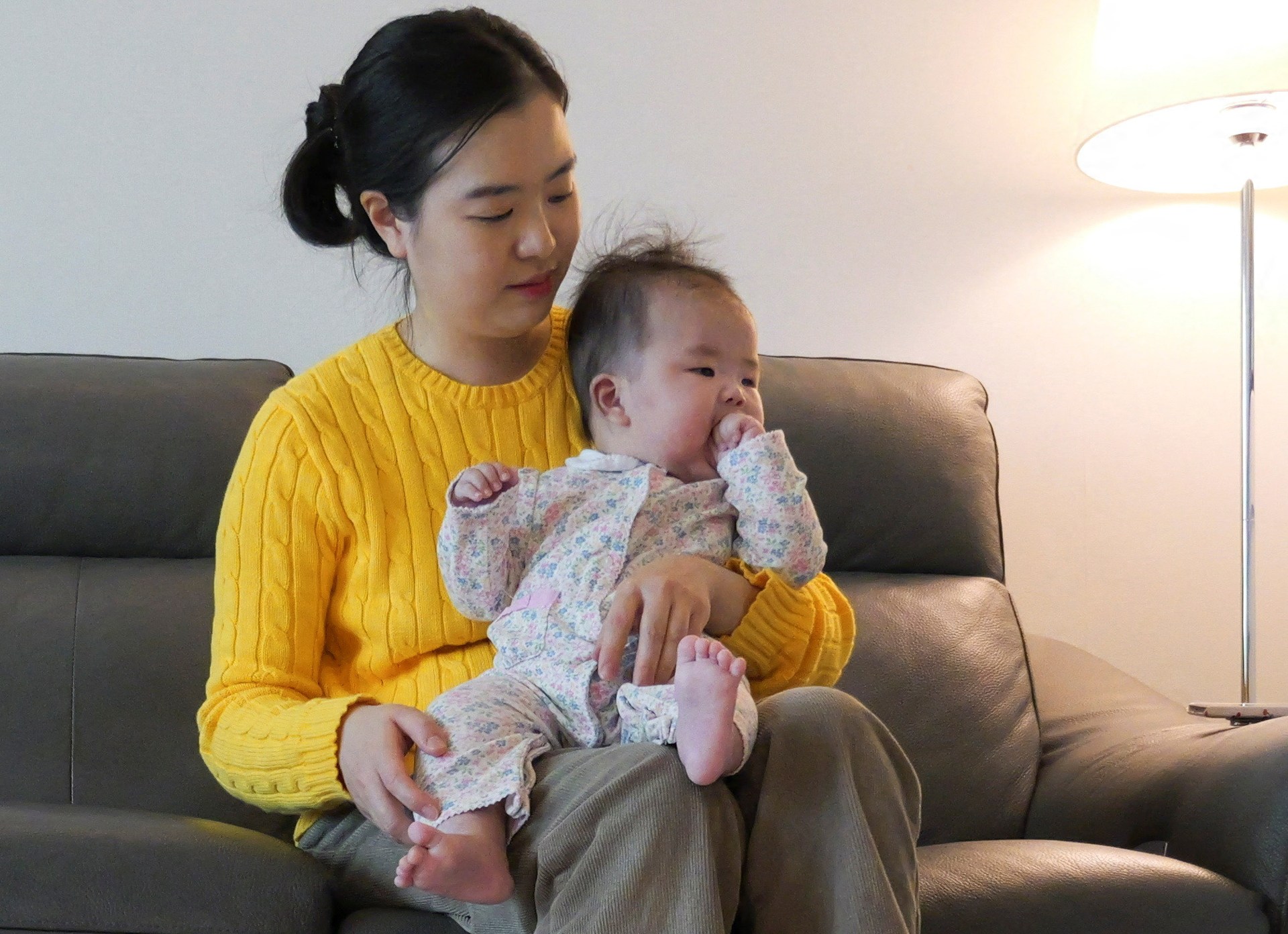Prince Harry and Meghan Markle never intended to leave royal life altogether, but one word in their sensational statement lead to an ultimatum from the Palace, according to insiders
Prince Harry and Meghan Markle completely quitting their royal roles came down to the use of a single word, according to an insider. Now five years on from them sensationally stepping back as full-time working royals, the Sussexes appear to have left their former lives well and truly behind them.
The pair have both been focusing on their commercial endeavours with Meghan sharing more and more of her life behind the scenes on Instagram, including a recent video of her twerking alongside Harry as they awaited the birth of their daughter Princess Lilibet. However, when they first announced their intention for change more than five years ago, it seemed that they did not want to quit royal life completely, instead saying that they intended to “carve out a progressive new role within this institution”.
But it appears a throwaway, single word in that very statement paved the way for an ultimatum that there would be no half-in, half-out arrangement for them. In the statement announcing their stepping back, the Sussexes said at the time: “We will continue to collaborate with Her Majesty The Queen, The Prince of Wales, The Duke of Cambridge and all relevant parties.”
And according to the Daily Mail, the word ‘collaborate’ is what raised eyebrows, with a source telling the publication: “No-one ‘collaborates’ with the Queen. This is not one of those ‘Kate Moss Top Shop tie-ups’.”
And with the Sussexes, most notably Meghan, forging a very different path compared to the one she had in the Royal Family, the insider added: “This is exactly why Queen Elizabeth knew this whole half-in, half-out version of royalty they were lobbying for was never, ever going to work.
“Harry and Meghan were a law unto themselves from the start, pushing and pushing the envelope to their own professional and financial advantage. Her Late Majesty was nobody’s fool and knew that the chances were, it would all end in disaster.”
In the dancing clip from last week, a heavily pregnant Meghan twerks to the Starrkeisha song Baby Momma, lifting her skirt above her knees, raising her hands in the air and wiggling low with her hands on her hips and legs. Meghan shared the clip on Lilibet’s fourth birthday, saying: “Four years ago today, this also happened.
“Both of our children were a week past their due dates… so when spicy food, all that walking, and acupuncture didn’t work – there was only one thing left to do!”
And for royal expert Jennie Bond, she believes it is an “astonishing video on any level” and reveals what the King would have thought of it. The former BBC royal correspondent told the Mirror: “The hours before you give birth are some of the most personal, intimate and private in the lives of any couple.
“And women are perfectly entitled to do whatever they feel like to get through the waiting, and the pain. Giving birth is a serious business, and anything to lighten the mood is welcome.
“However – to share those scenes with the world is utterly bizarre and, in my view, takes away all the magic of the moment. I cannot imagine why she chose to release it. Maybe show it one day to your nearest and dearest— but to anyone and everyone who wants to click on it?
“If the King has watched it, which I doubt, though he can’t have missed the headlines I’m sure he would be horrified. Royalty has to carry with it some measure of dignity.”
But she added: “Having said all that, there’s no doubt that videos like this connect in a very real way to young people. And perhaps that’s what Meghan is trying to do.
“My own daughter thought the video humanised both Meghan and Harry and was light-hearted and hugely relatable. It reminded her of her own pregnancies and labour and she thought it was rather charming.”













